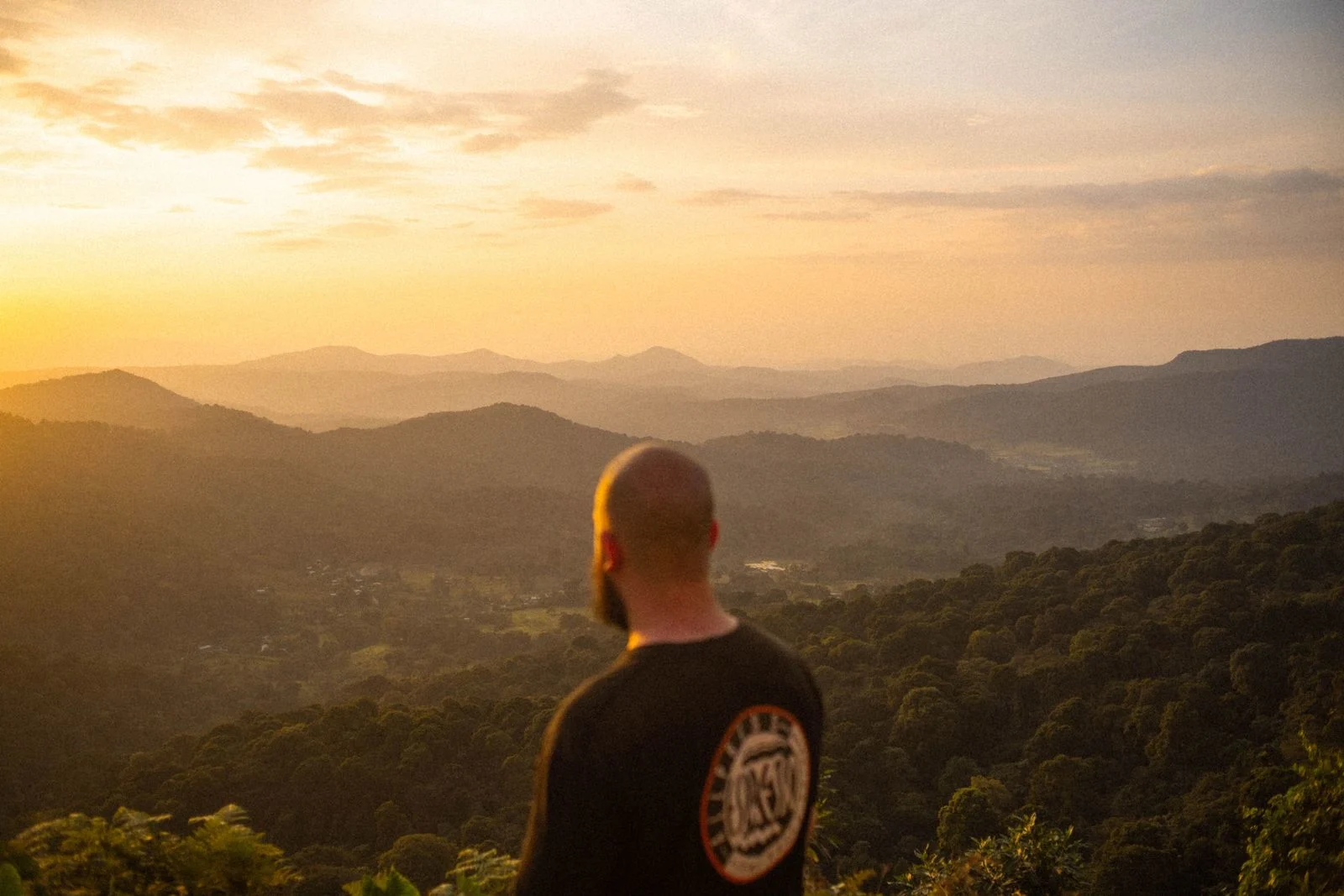If you’re a regular of our Single Origin Programme, you’ll know we love exploring how coffee can surprise us from cup to cup. Our latest release is a perfect example of why sometimes, one coffee just isn’t enough.
This year, we sourced not one but two lots from Ayla Bombe in Ethiopia’s famous Sidama region — one processed naturally and one washed. Both come from the same farms, the same altitude and even the same varietals. So why did we choose both? Because the way coffee is processed completely transforms how it tastes in the cup.

Ethiopia: Coffee’s birthplace
Ethiopia is the spiritual home of coffee and the first origin to capture the imagination of many in the specialty world. Sidama in particular is renowned for fertile volcanic soil, abundant rainfall and high altitudes around 2,000m above sea level. These conditions allow coffee to grow slowly and develop the vibrant, complex flavours Ethiopia is known for.
One farm, two stories
Ayla Bombe brings together the work of more than 700 small-scale farmers, who deliver their hand-picked cherries to the washing station each harvest. From there, the coffee takes two different paths:
Natural process: The whole cherry is dried in the sun, skin and fruit intact. This gives the cup a rich, fruit-forward profile, often bursting with berry sweetness and heavier body.
Washed process: The fruit is removed and the beans are fermented and rinsed clean before drying. The result is a brighter, more delicate cup, highlighting florals, citrus and sparkling acidity.
Tasting them side by side is a rare opportunity to see how one decision — natural or washed — can completely change your coffee experience.


Why you should try both
Buying both lots isn’t just about variety, it’s about discovery. These coffees let you taste processing itself. The natural is plush and fruit-saturated; the washed is crisp and elegant. Together, they’re a masterclass in how coffee is shaped not only by where it’s grown, but how it’s cared for after harvest.
So if you really want to understand Ethiopia’s magic, don’t choose one — choose both.




